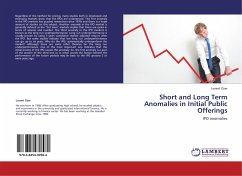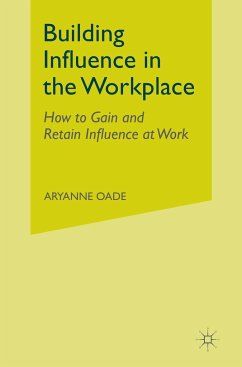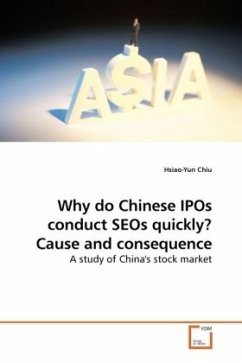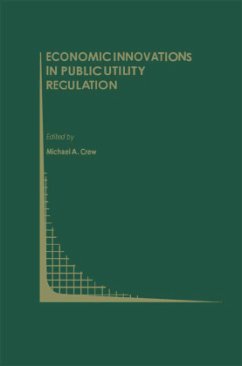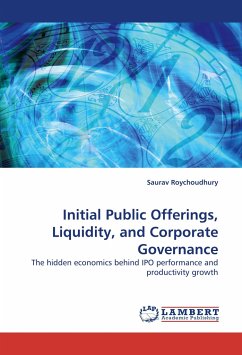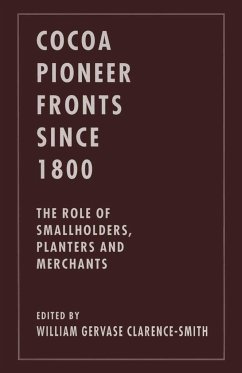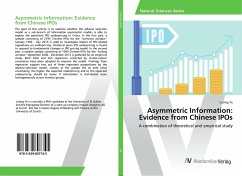
Conflicts of Interest in Initial Public Offerings (IPOs)
A Systematic Review of Literature
Versandkostenfrei!
Versandfertig in 6-10 Tagen
32,99 €
inkl. MwSt.

PAYBACK Punkte
16 °P sammeln!
Since the burst of the internet bubble there is a great deal of interest in the way investment bank prices and allocates initial public offerings (IPOs). The additional scrutiny and spotlight is also because of the dominance of bookbuilding mechanism, which gives complete discretion in terms of allocation and pricing to underwriters, and the huge amount of money left on the table by the issuers, especially during the internet bubble period. Numerous press stories and law suit by investors and issuers alleged conflicts of interest by investment banks at the expense of issuers and investors. The...
Since the burst of the internet bubble there is a great deal of interest in the way investment bank prices and allocates initial public offerings (IPOs). The additional scrutiny and spotlight is also because of the dominance of bookbuilding mechanism, which gives complete discretion in terms of allocation and pricing to underwriters, and the huge amount of money left on the table by the issuers, especially during the internet bubble period. Numerous press stories and law suit by investors and issuers alleged conflicts of interest by investment banks at the expense of issuers and investors. The dissertation examines five areas of conflicts of interest: laddering, spinning, relationship banking, profit sharing allocation and allocation to affiliated funds. Evidence suggest that investment banks have been involved in activities that is in conflict with their responsibilities and duties. There is clear evidence of wrong doing by investment banks in US during the internet bubble period by being involved in spinning, laddering and profit sharing allocations.



